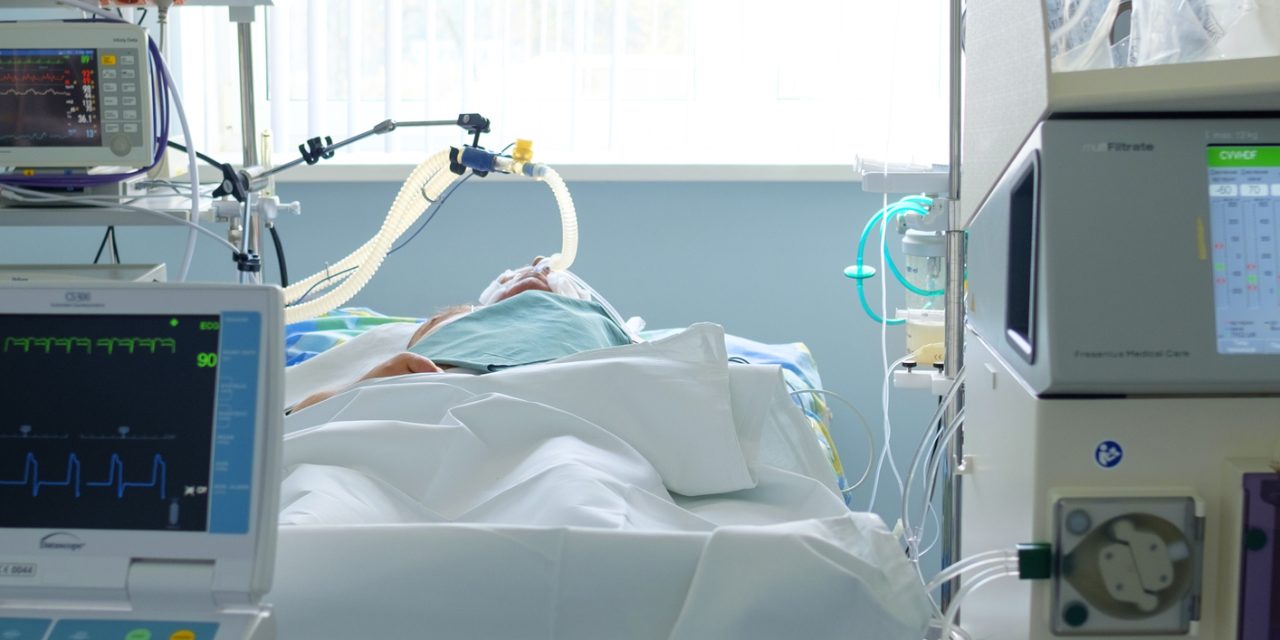The new cardiovascular events development remains the main factors limiting its long-term effectiveness despite technological progress and the widespread use of percutaneous coronary intervention (PCI). Objective – to assess the effect of clinical and genetic factors on the development of complication after percutaneous coronary intervention with double antiplatelet therapy (DAT). Case-control. The main group included 34 (46.57%) patients with ischemic heart disease after the procedure of percutaneous coronary intervention with bleeding, the control group included 39 (53.43%) patients with verified ischemic heart disease after the procedure of percutaneous coronary intervention without bleeding signs. The average age of the patients in the main group was 63.25±8.7, this group included 65% men and 35% women. The average age of the patients in the control group was 63.82±8.9, this group included 87% men and 13% women, respectively. It was found on the base of the clinical and laboratory characteristics of the bleeding risk in patients after percutaneous coronary intervention that the bleeding predictors after PCI against a background of DAT were: female gender (OR=3.405, p=0.027), the presence of diabetes mellitus (OR=2.399, p=0.046), body mass index (BMI) (OR=1.200, p=0.038), coronary artery stenting (OR=1.045, p=0.030), erythrocytes level (OR=2.292, p=0.049), platelet count (OR=3.964, p=0.048), hemoglobin (Hb) (OR=1.333, p=0.042), erythrocyte sedimentation rate (ESR) (OR=1.008, p=0.009), ejection fraction (OR=1.248, p=0.043), glomerular filtration rate (OR=1.227, p=0.002). According to a genetic study, CYP2C19*17 C/T gene polymorphism was detected in 9% of patients with double antiplatelet therapy. There was no statistically significant difference in genotypes of the 17th allele CYP2C19 in accordance with the results of the analysis of genotypes in the first and second groups. The Odds Ratio values (OR=0.658), 95% confidence interval [0.145-2.984] were obtained for all the studied polymorphisms, which indicates the absence of polymorphism association of СYP2C19*17 gene with a risk of bleeding.
CLINICAL AND GENETIC FACTORS OF CARDIOVASCULAR EVENTS DEVELOPMENT AFTER PERCUTANEOUS CORONARY INTERVENTION.


